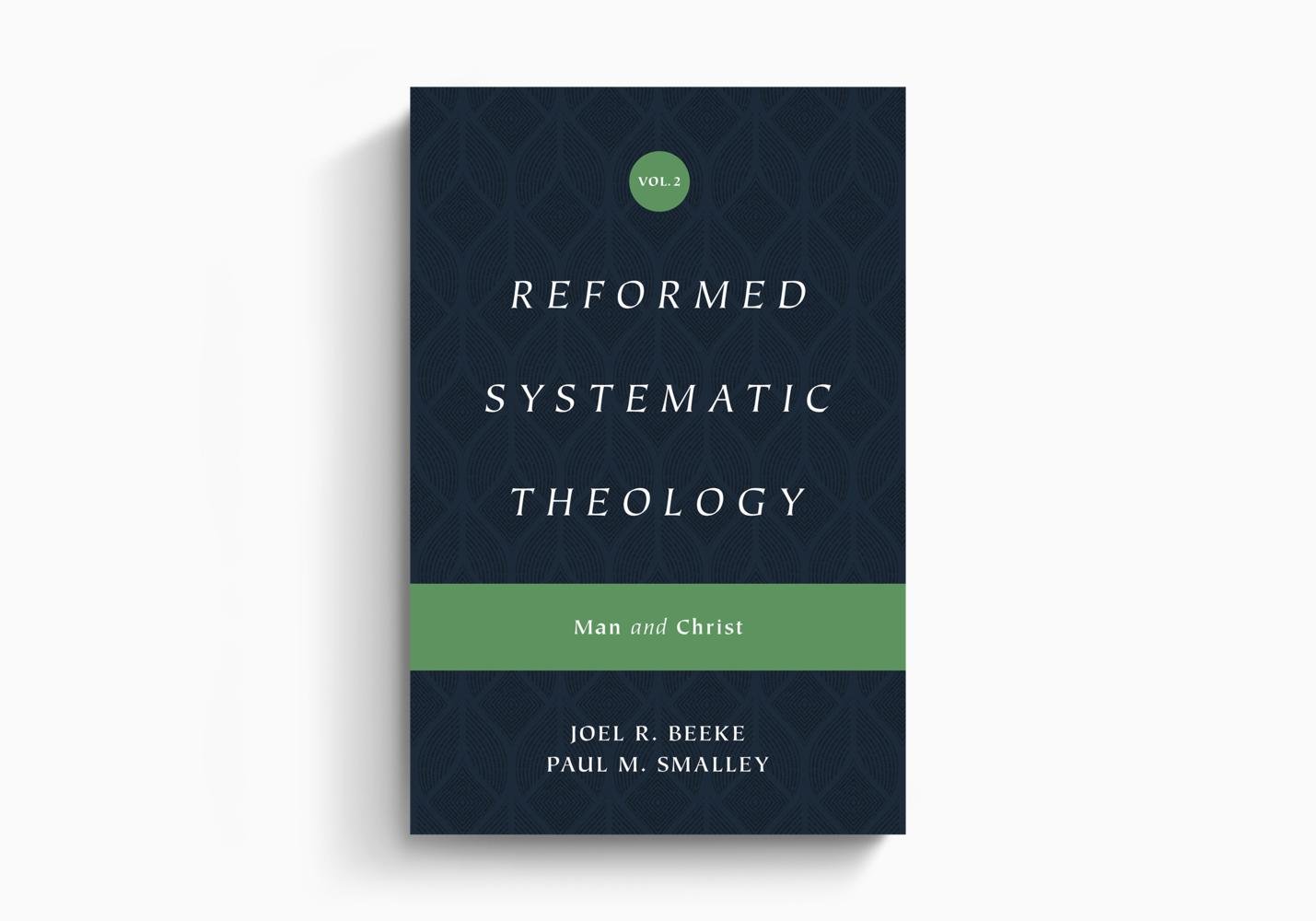What is "Sexual Orientation?"
Posted by Joel R. Beeke on 31st May 2024
In this excerpt from Dr. Joel Beeke and Dr. Paul Smalley’s “Reformed Systematic Theology, Volume 2: Man Christ,” two pastor-theologians offer a biblical perspective on the concept of “sexual orientation.”
Orientation: A Framework Foreign to the Bible
An objection often raised against the biblical view of homosexuality is that the Scriptures do not speak to the modern understanding of a person’s sexual orientation.[1] According to the American Psychological Association, “Sexual orientation refers to an enduring pattern of emotional, romantic, and/or sexual attractions to men, women, or both sexes.”[2] Orientation is an unhelpfully broad and indefinite concept based upon a person’s experience of social and sexual desires.[3] The Scriptures speak very positively of emotional connections and friendships between people of the same sex. However, though the Bible does not use the term orientation, it speaks of male sexual desire toward males and female sexual desire for females and condemns such desires (Rom. 1:26–27). Thus, Scripture does address the orientation of a person’s sexual attractions.
A New Personhood
The modern concept of sexual orientation goes beyond a description of our desires; it seeks to set a new definition of identity and personhood based on our emotions and sexual experiences.[4] This fundamental shift in how we define who we are sets the stage for people to claim a homosexual orientation as their basic identity. Rosaria Butterfield writes, “If I self-define as heterosexual or homosexual . . . everything, including nonsexual affection, is subsumed by this new humanity of sexuality.”[5] Thus, any attack on the goodness of homosexuality is seen as an attack on homosexuals’ persons. We must reject this distorted sense of identity.
Who God Says We Are
God is the Creator and Lord of all. Our identity is found in being created in the image of God (Gen. 1:26). Therefore, our lives are defined by how we relate to God and his Word. We must resist the attempt to make our feelings into our identity and instead learn our identity from our Creator. Rather than saying, “I am a homosexual,” or, “I am a heterosexual,” we should say, “I am a man or woman created in the image of God for his glory but fallen into sin.” Butterfield says, “You cannot repent of sexual orientation, since sexual orientation is an artificial category built on a faulty premise.”[6] Denny Burk writes, “In God’s world, we are who God says we are. We are not merely the sum total of our fallen sexual desires.”[7]
The most basic questions about our identity are not “How do I feel?” and “What do I want?” but “How am I related to God—as a sinner in Adam or a saint in Christ?” and “How am I representing God as his living image by obeying his Word?” These are questions that transcend the matter of homosexuality, and even sexuality itself, and engage our whole persons for the glory of God. We must remember that sex and marriage are temporary gifts that end with physical death (Rom. 7:3) and will be superseded when Christ raises us from the dead (Matt. 22:30). We were made for something far greater—spiritual union with the God of glory.
This article is a modified excerpt from “Reformed Systematic Theology, Volume 2: Man and Christ..”
[1] Hendrik Hart, foreword to Pronk, Against Nature?, xi; and Vines, God and the Gay Christian, 21–41, 129. Mohler says of Vines, “His main argument is that the Bible simply has no category of sexual orientation.” Mohler, “God, the Gospel and the Gay Challenge: A Response to Matthew Vines,” in Response to Matthew Vines, 14.
[2] American Psychological Association, Answers to Your Questions: For a Better Understanding of Sexual Orientation & Homosexuality (Washington, DC: American Psychological Association, 2008), 1, https://www.apa.org/topics/lgbt/orientation.pdf.
[3] Mohler, “God, the Gospel and the Gay Challenge,” in Response to Matthew Vines, 18.
[4] Rosaria Champagne Butterfield, Openness Unhindered: Further Thoughts of an Unlikely Convert on Sexual Identity and Union with Christ (Pittsburgh: Crown and Covenant, 2015, 94-95
[5] Butterfield, Openness Unhindered, 98.
[6] Butterfield, Openness Unhindered, 107.
[7] Burk, “Is Homosexual Orientation Sinful?,” 113.

